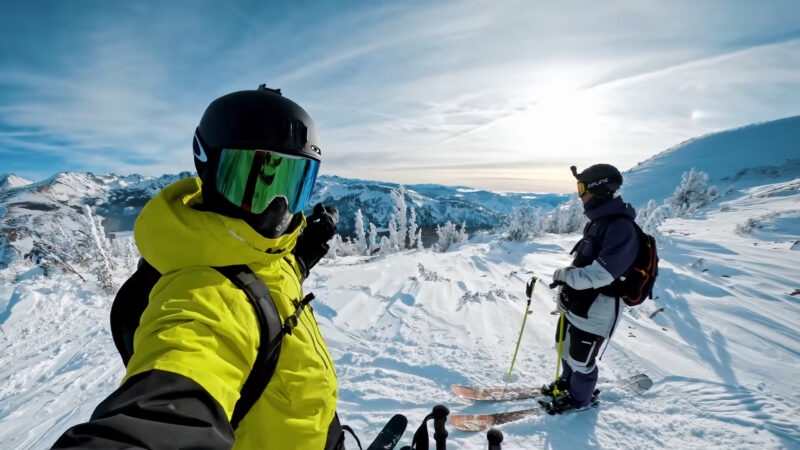Skiing offers a thrilling blend of adventure and scenic beauty, making it an ideal activity for those looking to explore the wonders of winter sports.
Perfect for beginners, skiing not only provides exhilarating physical exercise but also rewards participants with breathtaking views and a unique sense of accomplishment.
Let us talk about what you must know.
10. Excitement and Benefits of Skiing for Beginners
Skiing is an exhilarating sport that combines physical activity with the beauty of nature.
For beginners, the thrill of sliding down snowy slopes under controlled conditions is an unmatched experience.
Skiing improves cardiovascular health, strengthens lower body muscles, and enhances flexibility and balance.
Moreover, it’s a great way to relieve stress and disconnect from daily routines. The cold environment also boosts calorie burn, contributing to overall fitness.
Beyond the physical, skiing offers a social atmosphere at ski resorts where beginners can make new friends and share experiences.
9. Choosing the Right Ski Resort
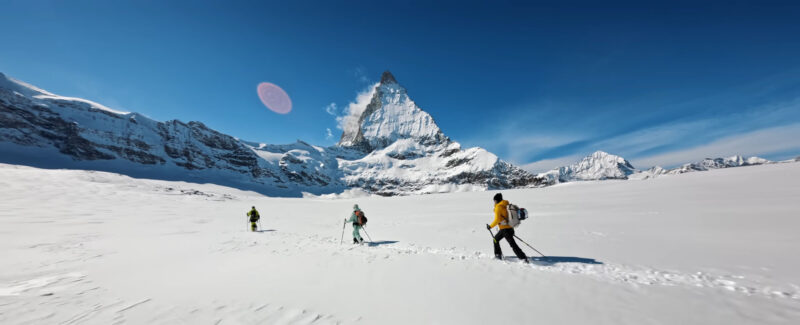
Selecting a beginner-friendly ski resort is crucial for a positive first-time experience.
Such resorts offer gentle slopes and dedicated learning zones that are safe for practice without the pressures of crowded or advanced runs.
- Beginner programs
- Quality ski schools
- Friendly, patient instructors
The resort should have a well-organized layout with clear signage and easy access to essential facilities like:
- Rentals
- First aid
- Restaurants
Beginner-friendly resorts often provide a more supportive environment, making the learning process enjoyable and less intimidating.
8. Ski Gear
The right gear is essential for both comfort and safety on the slopes.
- Skis
- Boots
- Bindings
- Poles helmets
- Goggles
While buying ski equipment can be a long-term investment for frequent skiers, renting is a cost-effective and practical option for those new to the sport.
Rental shops typically offer packages tailored to beginners, ensuring you receive gear that’s appropriate for your skill level and current conditions.
When selecting gear, prioritize comfort and proper fit to enhance your overall skiing experience.
7. Pre-Trip Fitness Preparation
Being physically fit can significantly enhance your skiing experience. Skiing demands stamina, balance, and core strength.
Before your trip, engage in exercises that increase leg strength, such as squats and lunges, and improve your cardiovascular fitness with activities like running or cycling.
Core exercises, including planks and sit-ups, will help you maintain balance and control while skiing.
Flexibility is also crucial, so add stretching into your routine to prevent injuries.
Starting a fitness regimen well in advance of your ski trip will make your time on the slopes more enjoyable and less exhausting.
6. Learning Ski Terminology
Familiarity with ski terminology and understanding piste classifications are essential for navigating the slopes safely and confidently.
Basic terms like “piste,” “powder,” “mogul,” and “groomed” describe different types of ski runs and conditions.
Piste classifications, indicated by colored shapes (green, blue, red, black), help skiers identify suitable trails based on their skill level.
Knowing these terms and classifications ensures that beginners choose appropriate slopes, enhancing safety and enjoyment.
Understanding trail ratings and resort maps can prevent getting lost and help manage expectations of slope difficulties.
5. The Role of Ski Lessons
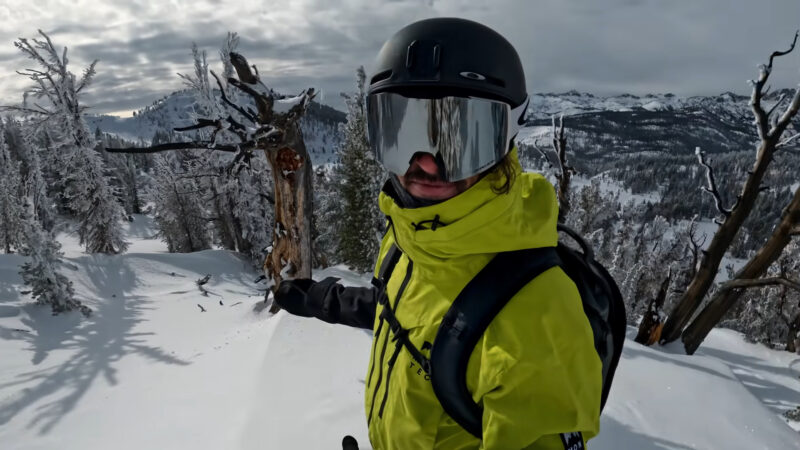
Professional instruction is invaluable for beginners.
Ski lessons provide essential guidance, from basic techniques and posture to more advanced skills like turning and stopping safely.
Instructors also teach slope etiquette and safety rules, which are crucial for navigating the ski resort without incidents.
Booking lessons in advance, especially during peak season, ensures availability and helps in planning your schedule around these crucial learning sessions.
Opt for group lessons for a more social experience or private lessons for personalized guidance tailored to your pace and skill level.
4. The Resort
Understanding how to navigate a ski resort can greatly enhance your experience.
Familiarize yourself with the resort map, identifying key areas such as beginner slopes, ski lifts, and facilities like restrooms and eateries.
Learn about the different types of ski lifts—such as chairlifts, gondolas, and surface lifts—and how to use them safely.
Most resorts also offer free guided tours on your first day, which can be an excellent way to get your bearings and learn about the resort’s layout.
Being well-oriented helps you maximize your time on the slopes and enjoy a smoother ski experience.
3. Accommodation
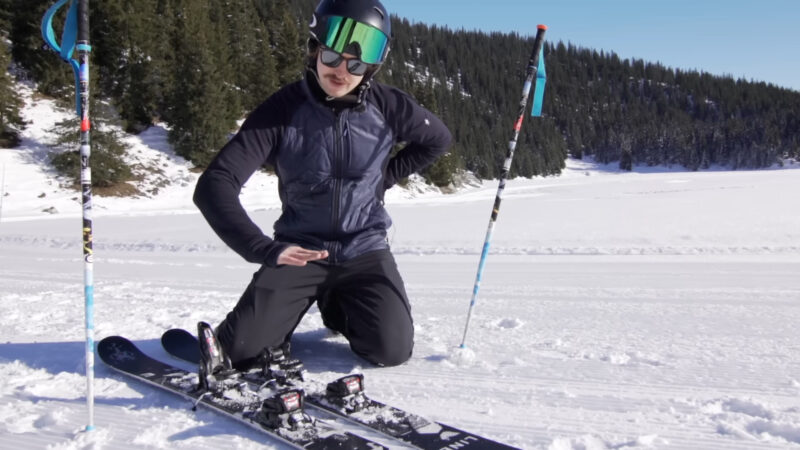
Choosing the right accommodation can make a significant difference in your skiing experience.
Look for lodging with easy access to beginner slopes and essential resort amenities.
Many ski resorts offer ski-in, and ski-out hotels which provide direct access to the slopes, reducing travel time and hassle.
Consider the logistics of traveling to and within the ski resort. Some resorts offer shuttle services from nearby airports or major cities, and navigating the resort itself might require using internal shuttle services or ski lifts.
Plan your travel and accommodation in advance to enjoy a stress-free ski holiday.
2. Safety and Ski Etiquette
Safety is paramount in skiing.
Beginners should adhere to the Alpine Responsibility Code, which outlines the rules of conduct for all skiers, emphasizing safe practices like maintaining control, yielding to others, and using equipment properly.
Awareness of one’s environment and staying within designated beginner areas can prevent accidents.
Understanding and practicing ski etiquette—such as respecting line queues, helping others in distress, and keeping the slopes clean—ensures a respectful and enjoyable environment for everyone.
1. Making the Most of Your Ski Trip
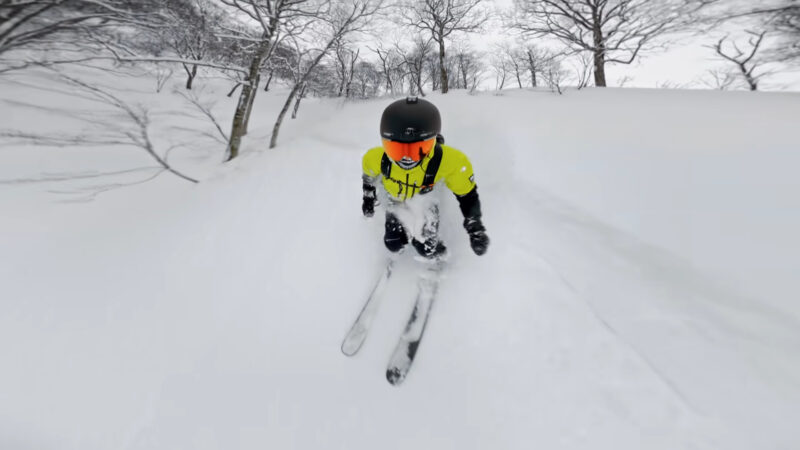
To truly enjoy your ski trip, embrace both the challenges and the joys of skiing.
Take time to appreciate the stunning landscapes and the exhilaration of mastering new skills.
After the slopes close, explore après-ski activities such as dining at local restaurants, enjoying live music, or relaxing in hot tubs.
These social activities provide opportunities to unwind and mingle with other skiers.
The combination of thrilling ski experiences and relaxing après-ski activities can make your ski trip memorable and rewarding.
The Bottom Line
Skiing is more than just a sport—it’s an adventure that offers a unique blend of physical activity, nature, and culture.
With the right preparation and mindset, beginners can have an enjoyable and successful introduction to skiing.
Embrace the learning process, stay safe, and make the most of the social opportunities skiing provides.

